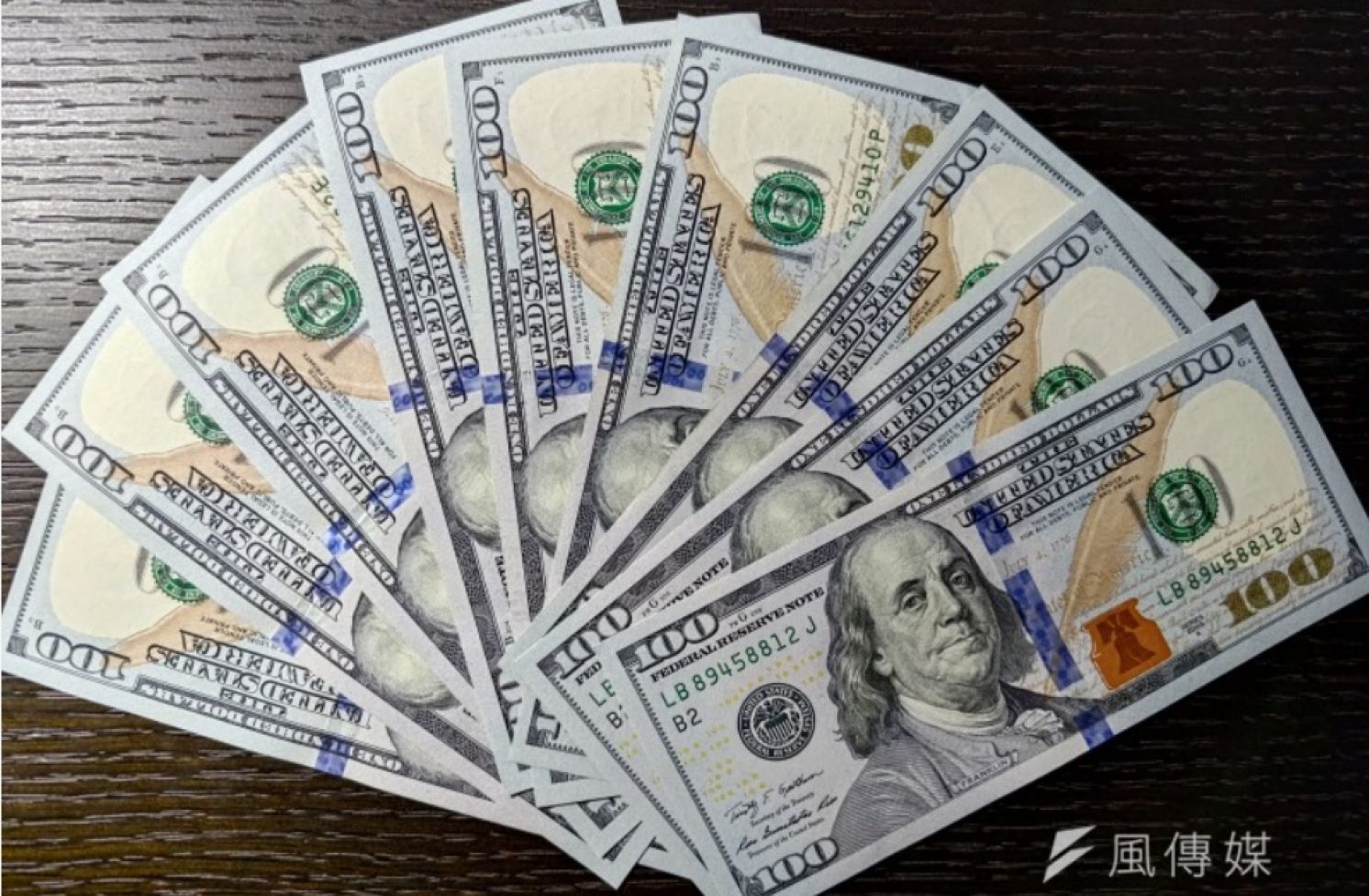
Central Bank Should Grasp Risks and Reduce U.S. Bond Holdings
The Storm Media Editorial, April 14, 2025
The Central Bank has long demanded that the financial sector maintain a strong sense of risk awareness. Yet now, it finds itself heavily exposed to U.S. Treasury bond risk—making this the moment to self-examine and adjust its asset allocation.
President Donald Trump of the United States recently announced sweeping reciprocal tariffs on multiple countries, with Taiwan singled out for a hefty 32 percent tariff. This has sent shockwaves through political and economic circles. Although most countries were granted a 90-day grace period, negotiations with the U.S. are inevitable. As Mr. Trump bluntly put it, others must "please me" to earn exemptions or reductions.
Of particular concern is a proposal being referred to as the "Mar-a-Lago Accord," echoing the historical Plaza Accord. This initiative would use diplomatic and economic tools to force partner countries to appreciate their currencies, thereby devaluing the U.S. dollar to boost American manufacturing and exports. Most controversial is the suggestion that countries "swap debt"—exchanging short-term U.S. bonds for ultra-long-term, interest-free bonds repayable only at maturity. In essence, this is a form of debt rollover with almost zero liquidity and minimal market interest, posing extremely high risk.
Taiwan's central bank, however, holds a vast amount of U.S. debt. Deputy Governor Chu Mei-lie has stated that 92 percent of Taiwan's foreign exchange reserves are allocated to U.S. bonds, while Governor Yang Chin-long has revised this to "more than 80 percent." Even at 80 percent, this equates to over $462 billion out of Taiwan's $578 billion reserves invested in U.S. Treasuries. If just 10 percent of these holdings were forcibly converted into 100-year zero-interest bonds, potential losses could exceed $46.2 billion. This represents a massive threat to public wealth.
Foreign exchange reserves are, after all, generated by the business community and public converting foreign earnings. They are Taiwan's national capital. Yet the central bank's high concentration in U.S. bonds reflects an insufficient sense of risk. In Trump-led trade talks, tariffs are only part of the equation; the real game includes currency manipulation, procurement terms, investment pledges, and pressure to purchase U.S. debt. The United States, if it sees fit, may make demands in any of these areas.
America's national debt has already reached $36 trillion, with interest payments surpassing defense spending. In 2024 alone, over $9 trillion in U.S. debt is set to mature, with more than $6 trillion due in June alone. The pressure is immense. It's highly plausible that U.S. solutions to its debt burden may include coercing allies into purchasing more U.S. bonds—or worse, locking them into disadvantageous instruments.
All this suggests that holding U.S. Treasuries is far from the "ideal" strategy Governor Yang claims. Instead, it represents a concentration of risk and a lack of flexibility. As the global landscape shifts rapidly, the central bank must evolve with the times, diversify its assets, and enhance financial defenses.
In the past, people trusted the United States as a nation of rule of law and market discipline. But Mr. Trump's policies now lean toward unilateralism and economic coercion. The central bank must abandon its reliance on past assumptions and recognize the risks posed by this "new America."
As the government begins reciprocal tariff negotiations with the United States, many believe that tax rates are just surface-level concerns. What the United States really wants may include deeper economic concessions—like Taiwanese investments in the United States and large-scale bond purchases. If the central bank continues to ignore these warning signs, Taiwan's national assets may face even greater exposure to risk.
In short, amid global volatility and growing instability in the U.S. credit system, Taiwan's central bank must prudently reassess its risk profile and reduce its overconcentration in U.S. bonds. Doing so will safeguard national financial security and preserve public trust. Risk management shouldn't only be expected of others—it must begin at home.
From: https://www.storm.mg/article/5355772?mode=whole
〈Back to Taiwan Weekly Newsletter〉